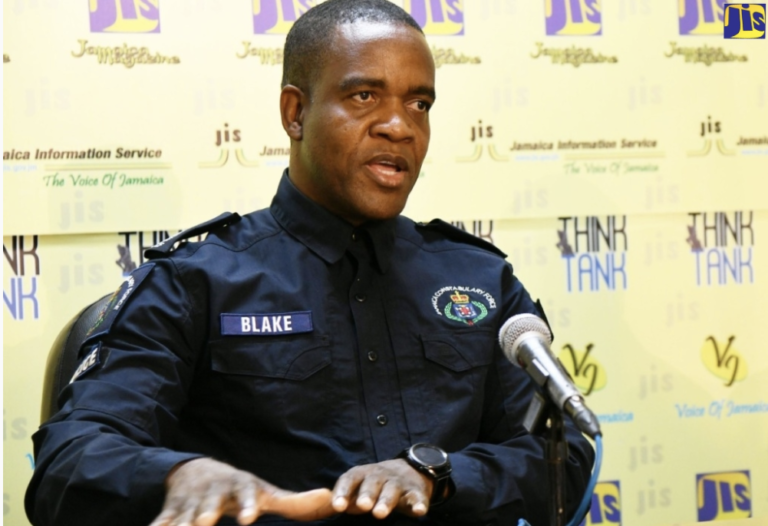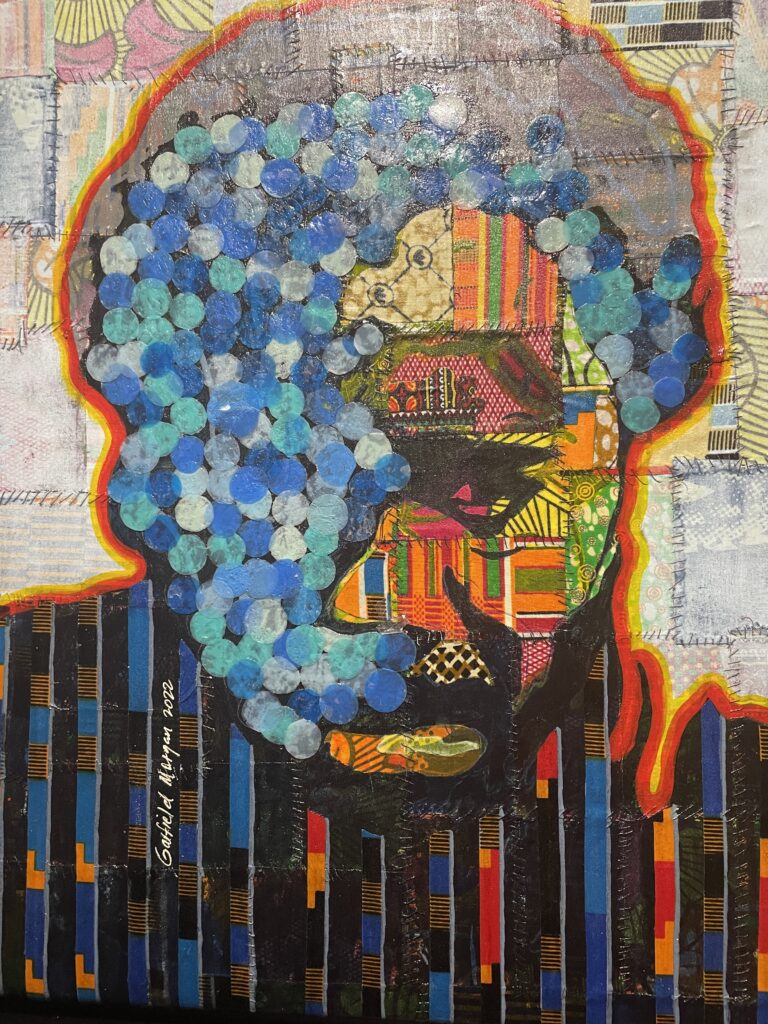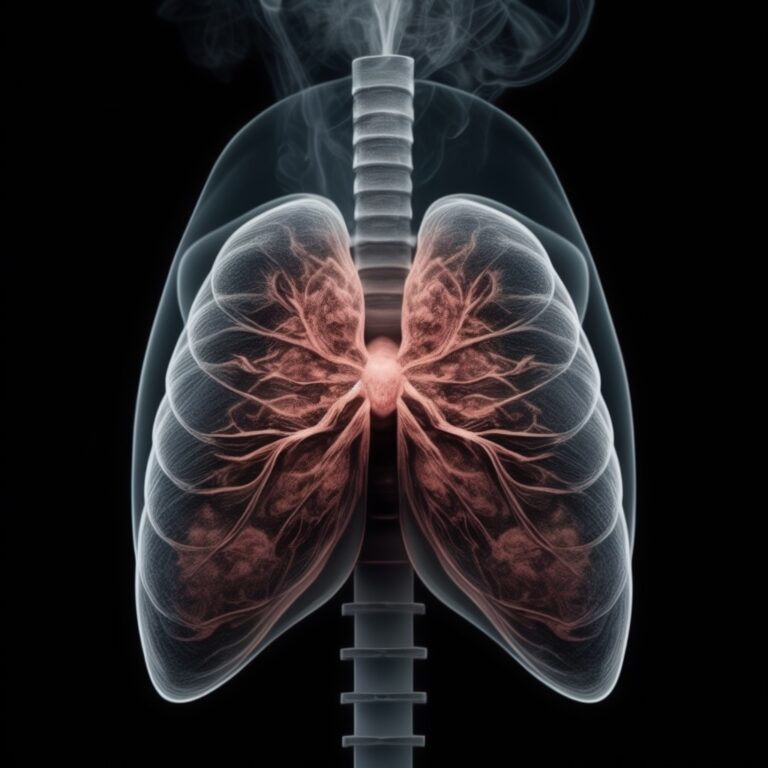St. Patrick’s Rangers faces challenges

The inspiration to establish an organization of community youth to assist in the recovery process after natural disasters can be traced to 2008 after Hurricane Gustav when some young people were seen in Seaview Gardens helping residents to cross waters using old refrigerators as floating devices. The idea took the form of a project called the Youth Emergency Action Committee (YEAC) in 2009. It was created under the auspices of the St. Patrick’s Foundation, established in 1994 to serve the people of the West Kingston inner city communities of Olympic Gardens, Waterhouse, Seaview Gardens, Riverton and Callaloo Mews. In 2013, the St. Patrick’s Rangers became an independent and registered non-governmental organization with a vision to “build a resilient Jamaica, one youth at a time.”
Finance minister, Dr. Nigel Clarke, highlighted in 2018 that the damages inflicted by natural disasters in the region are normally disproportionate to the economies. Hence, the importance of disaster risk management, that is, the use of strategies to prevent new, reduce existing, and managing residual disaster risks. Within communities, there are many people in need of assistance following these events. The St Patrick’s Ranger are trained to provide such assistance in their community.
The St. Patrick’s Rangers have trained over 150 rangers to respond to emergencies, complete projects, and raise awareness in nine communities in Kingston. Before the COVID-19 Pandemic, the Rangers focused on youth empowerment through a programme called the Youth Empowerment Programme under which the volunteers learnt skills through the HEART programme in which they were awarded certificates of competence.
Even as the Rangers have been building the capacities of youths in vulnerable communities with disaster risk reduction skills, Sergeant Nicko Rhoden, pointed to the major challenges being faced by the organization. Funding, recognition, and keeping the youths motivated to volunteer are among these. Nonetheless, General Manager Dwayne Francis and Rhoden demonstrated optimism by having the vision of the organization as a mark to take action regardless of the challenges being faced. “I can give a testimony to this because through them, I learnt carpentry, roofing, we do construction, block laying, and they do electrical work, plumbing, a lot of skills. They also get first aid training through Red Cross who come in and do some first-aid training and get persons officially certifie., They normally do refresher courses every six months,” Rhoden said.
Rhoden further noted, “It is a part of my dream to see The Rangers becoming island-wide and being a force known and to reckoned with. We have serious members who are trained and ready to go. I am often told that young people are the worst disaster respondents, I want to change that notion. I want to be able to have the resources as well to respond as our Red Cross would and other agencies would be able to be seen and known,” expressed Francis.
In regard to funding, Rhoden explained, “We do get sponsorship from USAID and Caritas, but they are not going to give you everything you need so you are going to have to do fundraisers. We try our best to do fundraisers through feeding drives, clothing drives, and we have to upkeep the organization,” Rhoden said.
Francis added that the challenge related to funding was associated with the lack of recognition of the organization. He added that this, too, affected the motivation among the youths to volunteer. “Our young people are probably more into other things. They really want money so in terms of motivation and of members sticking around and knowing what the organization is about, we always have to be reinforcing that it is a voluntary based organization,” he said.
Rhoden, who is responsible for drilling and discipline, said a lot of recruiting and edutainment is incorporated in the organization’s strategy to keep youths interested. He said that it was necessary for the youths to be equipped with basic disaster risk management and disaster risk reduction skills, so they are prepared to assist their families and communities when there was a disaster.
The staff members and active volunteers are prepared to keep training and empowering young people to assist Jamaica and the Caribbean to reduce risks associated with disasters.






